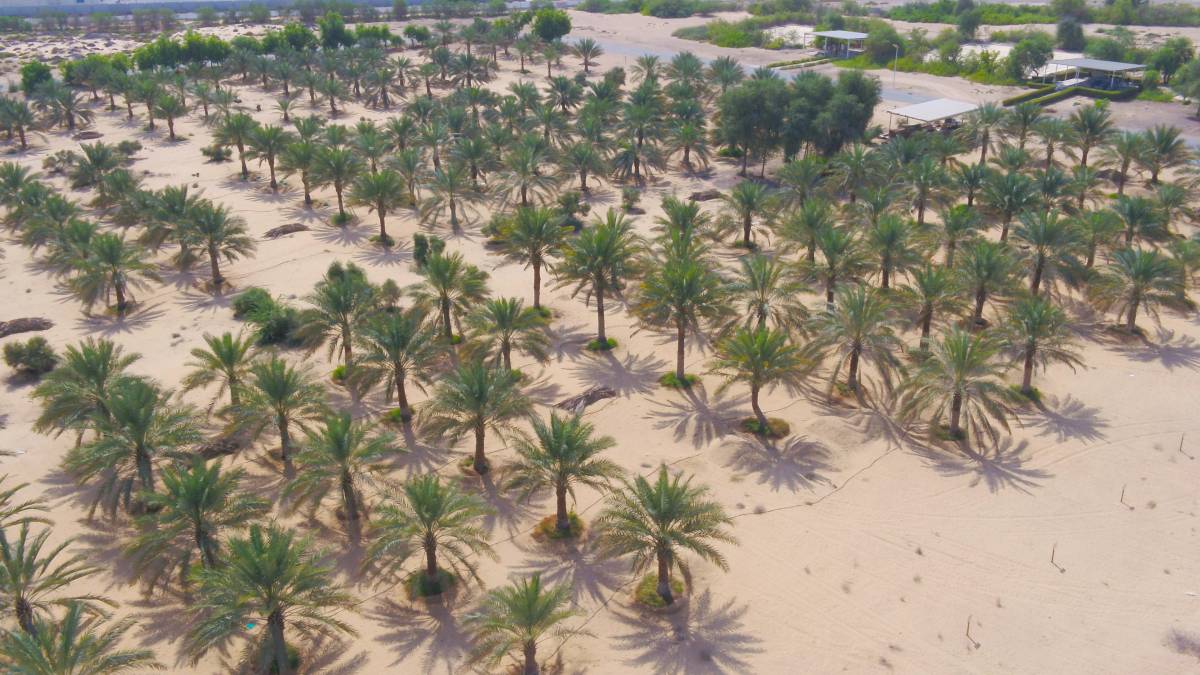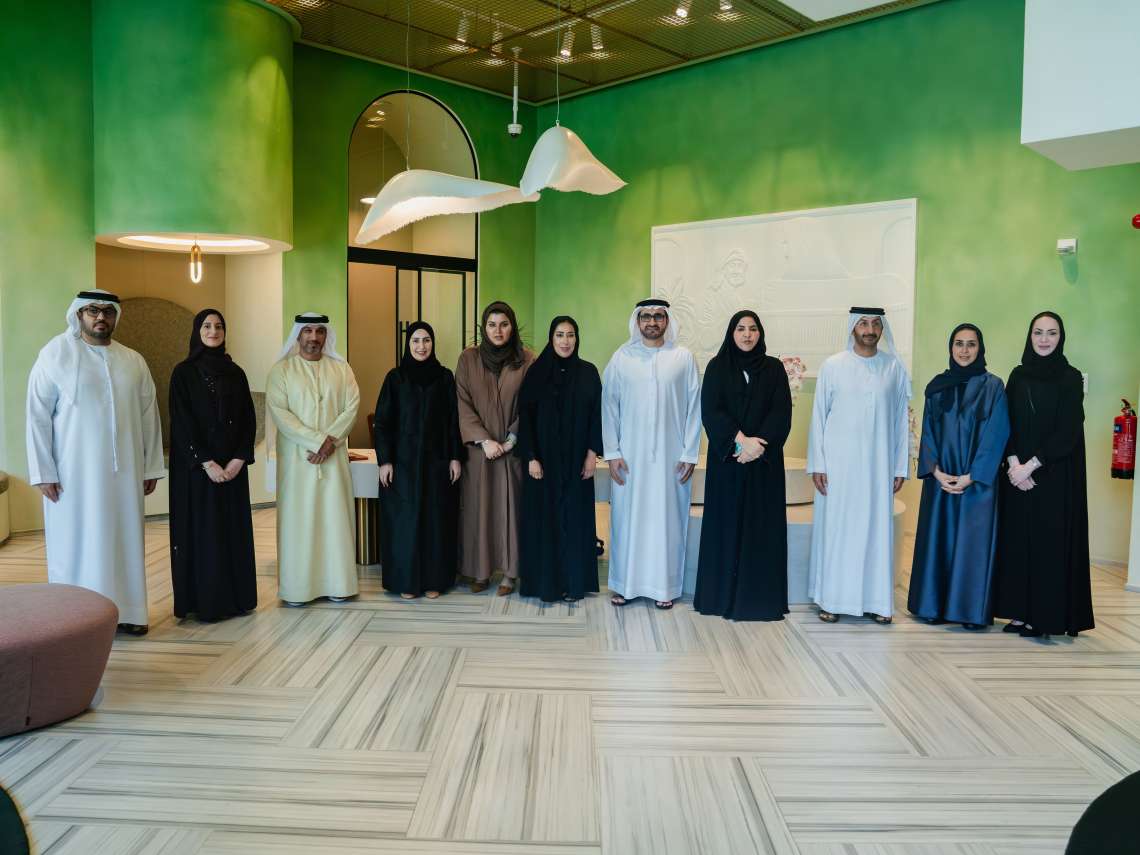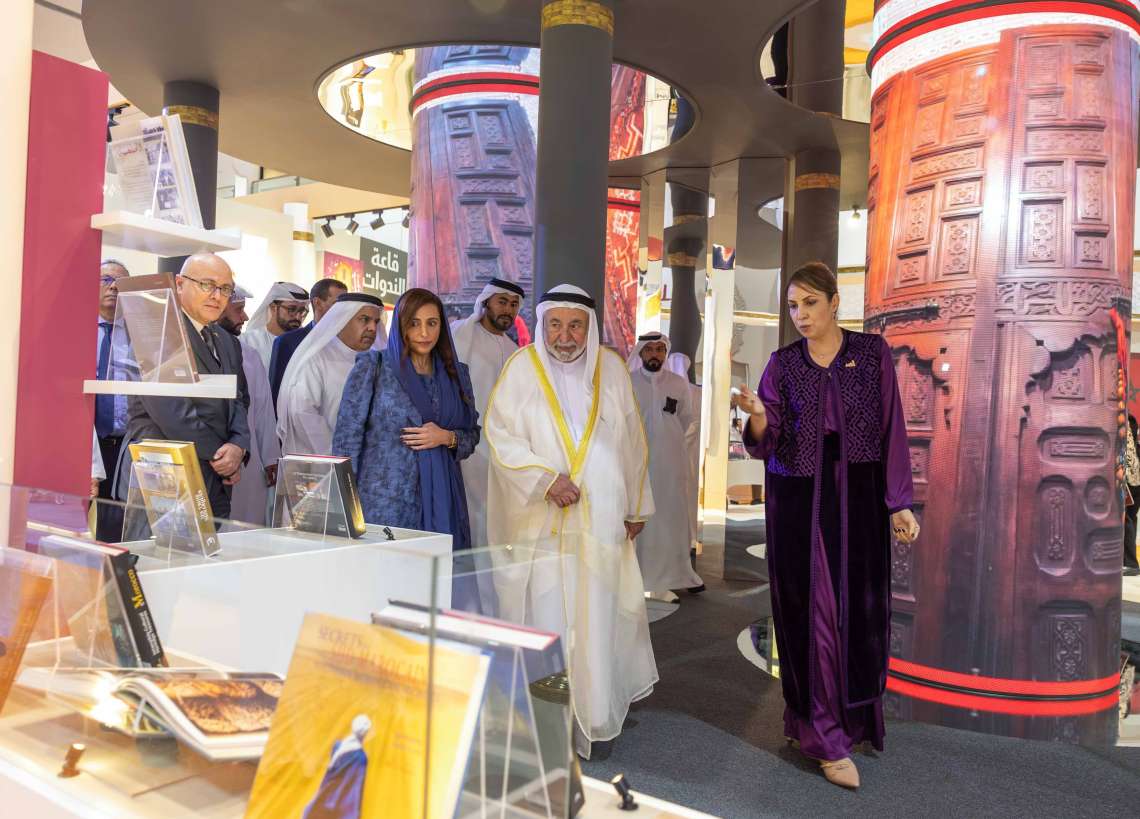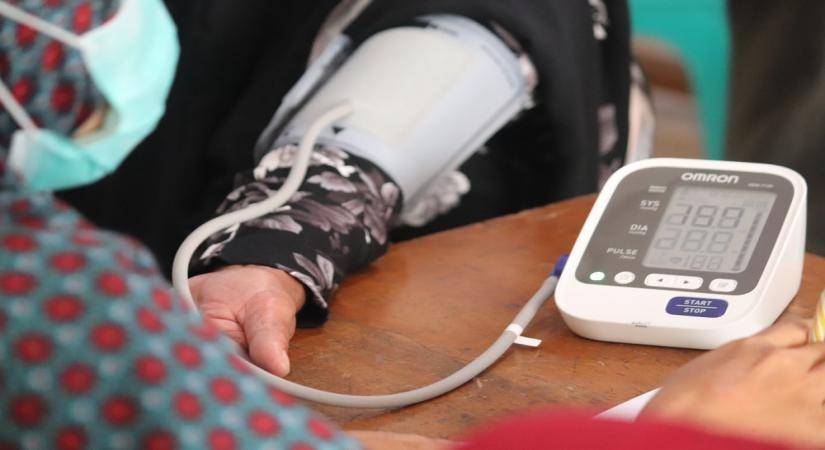UAE is prioritising food security in its development plans and aims to utilise the latest technologies to increase production and address related challenges…reports Asian Lite News
UAE is prioritising food security in its development plans and aims to utilise the latest technologies to increase production and address related challenges, said Dr. Tarifa A. Alzaabi, Acting Director General of the International Centre for Biosaline Agriculture (ICBA).
She then expressed her appreciation for the visit of President His Highness Sheikh Mohamed bin Zayed Al Nahyan to the ICBA, lauding the support of the country’s leadership for the centre for over two decades.
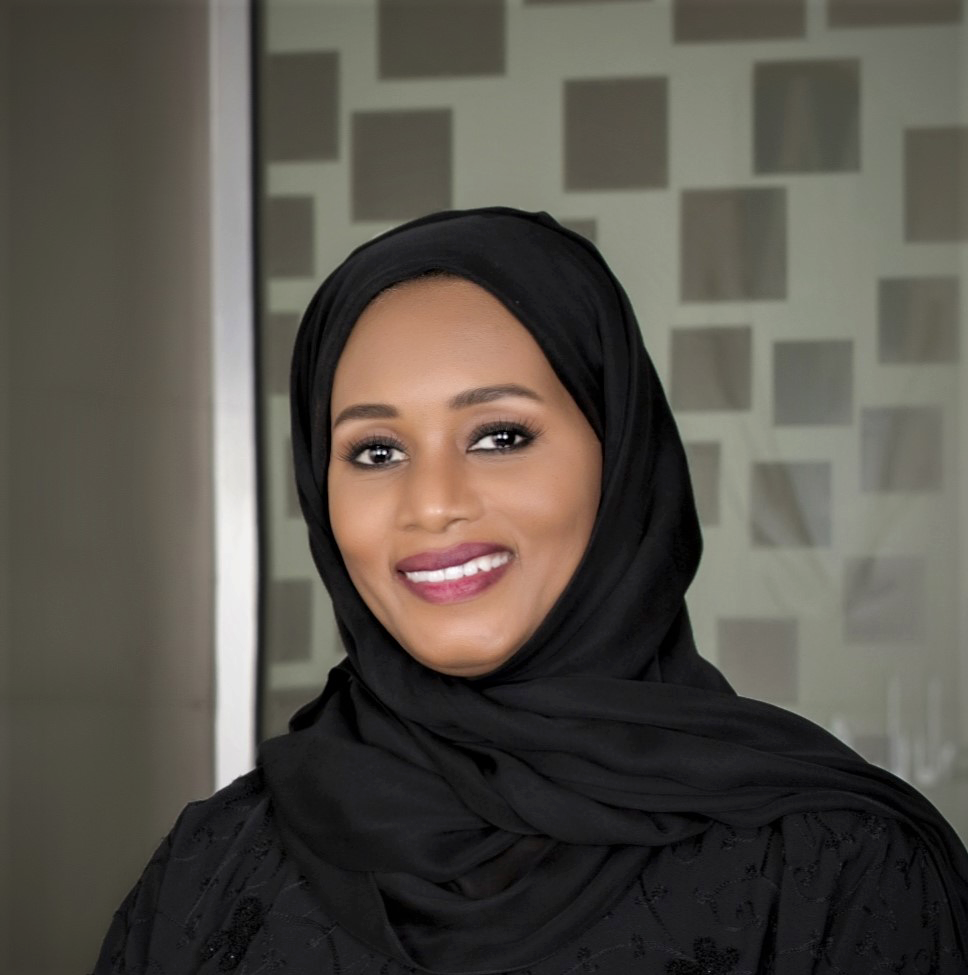
In an interview with the Emirates News Agency (WAM), Alzaabi stated that the ICBA, which was founded in 1999, has enabled 30,000 farmers to adopt the best biosaline agriculture practices developed by the centre’s experts. The UAE is exerting significant efforts to ensure food and nutritional security, achieve water security, and environmental sustainability, and create job opportunities.
The centre has a team of scientists and specialists who are developing creative solutions and providing distinguished knowledge on salinity and water scarcity in marginal environments. It also possesses many genetic samples of drought, heat and salt-tolerant plant species from around the world, in addition to multidisciplinary research teams and world-class research facilities, she added.
ALSO READ:UAE tops Arab countries in FDIs
Alzaabi stressed that the centre’s vision aims to ensure sustainable living and food security in marginal environments, and it is helping to achieve the sustainable development goals.
Alzaabi said the ICBA possesses a unique gene bank that contains more than 16,000 plant strains of some 300 plant species from more than 150 countries and regions around the world, including some 270 samples of 70 species of wild and cultivated plants from the UAE. The gene bank contains about 5,000 plant strains of barley, one of the largest accessions in the Middle East and more than 1,200 strains of quinoa, the largest collection of its kind outside South America.
She pointed out that the centre carries out field visits to different areas in the country, to collect local species and deposit them in its genetic bank for future needs.

